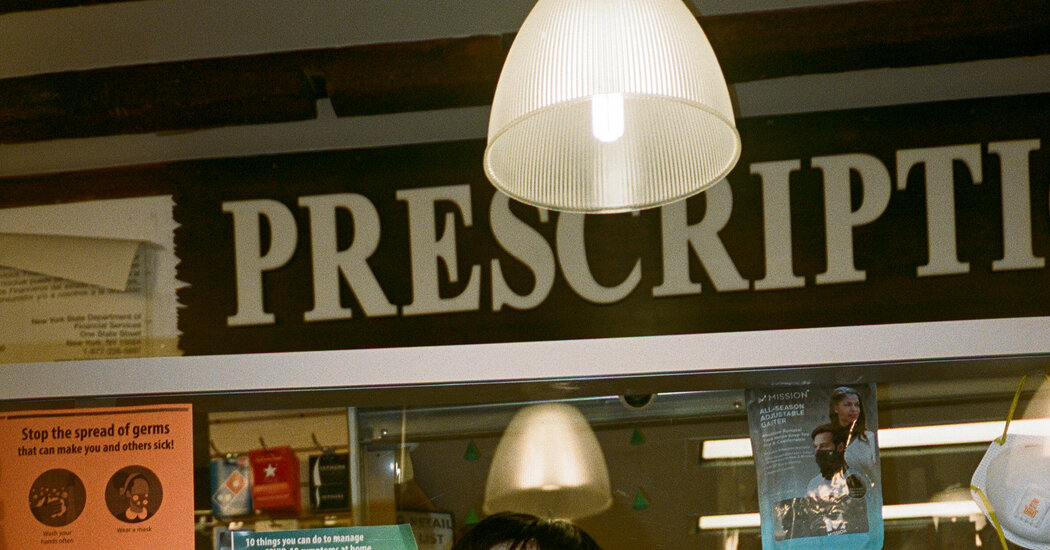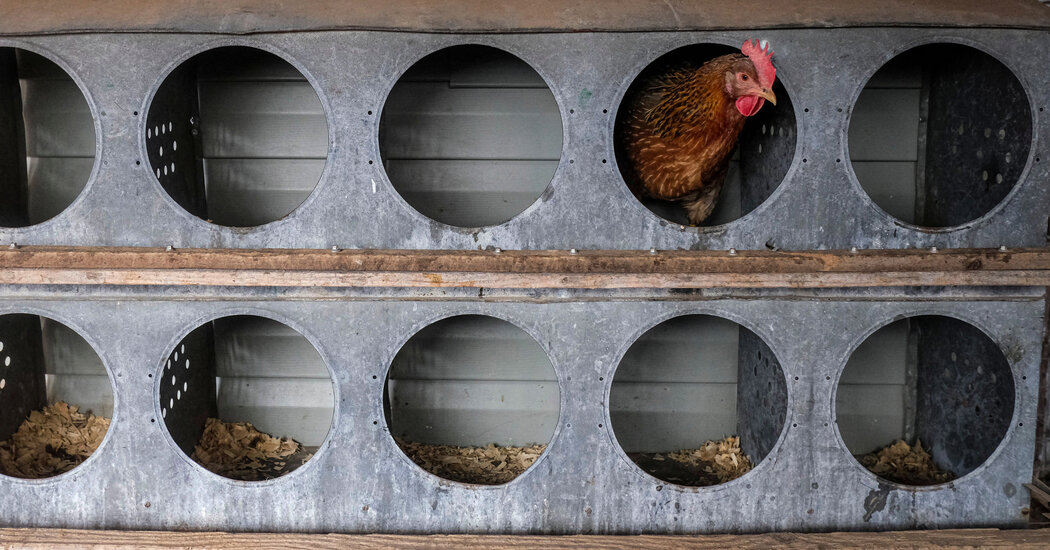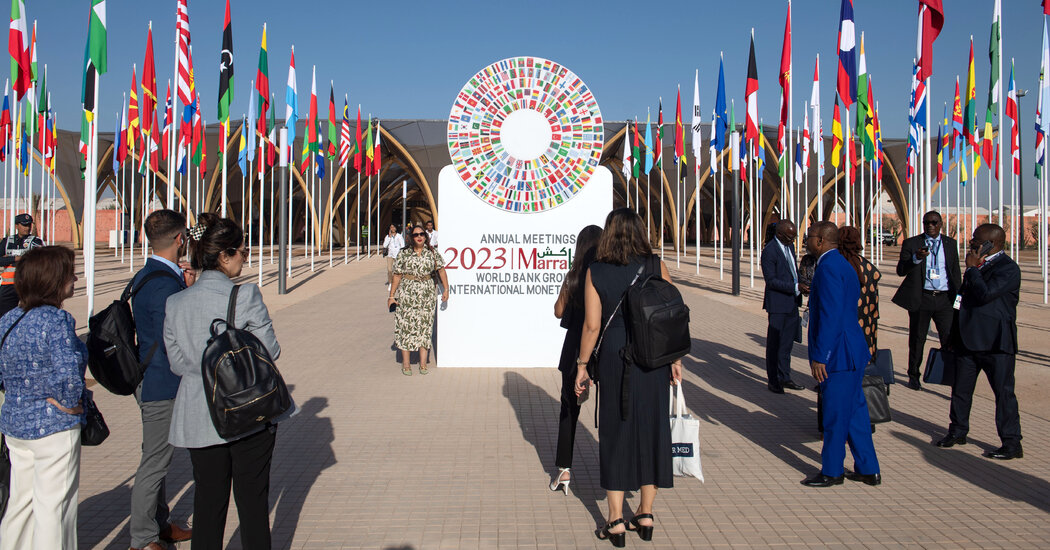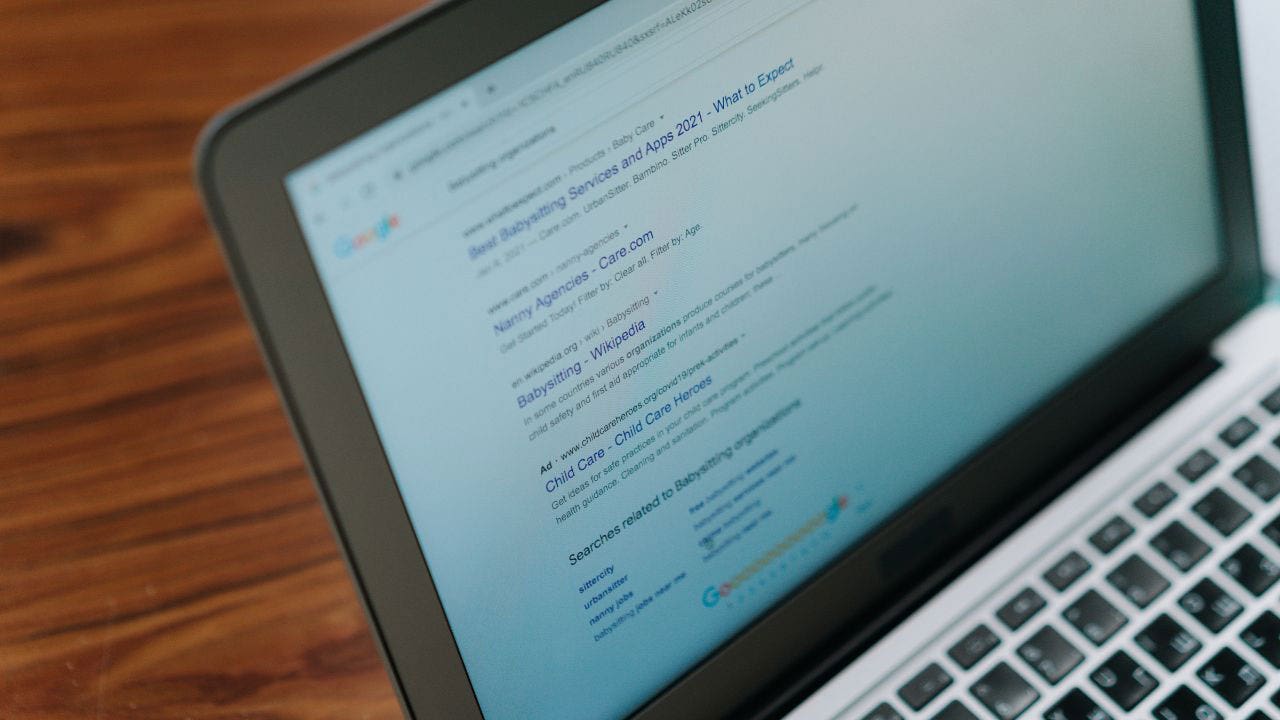When Eileen Kelly began a blog, “Killer and a Sweet Thing,” in 2016 that focused on mental and sexual health, it was rare to see sites entirely devoted to such topics — let alone ones filled with levity. “Society’s attitude toward mental health has evolved significantly,” Ms. Kelly said, pointing to the memeification of mental health on the internet.
After being hospitalized for her mental health for five months in 2019, she started a podcast, Going Mental, on which she chatted candidly with interviewees about depression, her own struggle with borderline personality disorder and other similar topics. Her guests have included celebrities and notable personalities including Amanda Knox, Michael Cohen, Bella Thorne, Madison Beer and Alex Cooper. Ms. Kelly, 28, has embraced the way that many Gen Z and millennial internet users talk about mental health and engage with serious topics: with a casual, memeified openness that is both earnest and comic. (The banner photograph for Ms. Kelly’s podcast features her leaning against a white, tiled background, looking disheveled and wide-eyed with her hands thrown up, while blood dribbles from her mouth and runs down her chin and neck.)
Last year, Ms. Kelly forayed into fashion with a line of mental-health-themed merchandise. The selection included a “Depressed but Make It Hot” shirt and a variety of antidepressant-themed sweatshirts reading “Lexapro,” “Prozac” and “Zoloft.” They sold out quickly.
Ms. Kelly is not the only creative professional bringing mental health into the fashion sphere. During the Covid-19 pandemic, there was a 25 percent increase in people suffering from anxiety and depression globally, according to the World Health Organization. Designers, in turn, responded to the crisis through garments.
Beepy Bella, a 2000s-inspired brand founded in 2019, haunts the New York City downtown sidewalks with its “I Hate My Anxiety” hat. Praying, a cult favorite clothing line, sells hoodies printed with phrases such as “stress, nervousness and anxiety” and “You Matter Don’t Give Up.” Lingua Franca, a high-end knitwear company, carries a cashmere sweater embroidered with “It’s okay to feel blue.” The brand serves an older demographic and donates 20 percent of its profit to YourMomCares, a mental health nonprofit. Other fashion labels such as Bianca Chandon and Saint Michael sell anxiety-themed T-shirts.
Emily Oberg, chief executive for Sporty & Rich, an athleisure brand, takes a more Goop-esque approach to wellness. The brand recently released a “Wellness Club” collection, featuring preppy apparel with the words “Wellness” and “Health” printed on it. “The clothes we make are a vehicle to spread a positive message,” Ms. Oberg said. “It’s important that people are encouraged to take care of themselves.”
For Ms. Kelly, the merchandise is a step toward destigmatizing mental health treatment. “I was really focused on making sure no one feels ashamed for having to take these medications,” she said, adding that she takes Lexapro daily and doesn’t want to view that as “depressing and sad.” She designed the clothes in pastel colors, inspired by college apparel, hoping that people would proudly wear their medication in the same way they would sport the name of their college.
Dr. Shannon Bennett, a clinical director at the Center for Youth Mental Health at NewYork-Presbyterian, believes the trend is a positive one. “The goal of raising awareness, decreasing stigma and contributing to a culture of shared support is a good thing,” she said. “By seeing someone on the street you may identify with, it validates your feelings and helps you feel less alone.”
The fashion trend also deeply resonates on TikTok — the hashtag for anxiety has over 34 billion views — and allows Gen Z and millennial users to reclaim their mental hardships as a form of self-expression. While the style varies across brands, young consumers are the constant. “Basically every successful young person I know has anxiety,” Willa Bennett, 29, said. She is the editor in chief of Highsnobiety, a fashion and media brand, and a front-row fixture during fashion weeks. “It’s just not taboo to talk about anymore.” Ms. Bennett herself is a proud owner of Beepy Bella’s “I Hate My Anxiety” hat.
In February, when Highsnobiety released a magazine spread with portraits of people sobbing, “It immediately went viral,” Ms. Bennett said. She said the shoot was inspired by a TikTok trend where users filmed videos of themselves creating makeup looks that mimicked tears streaming down their faces. The success of the shoot, she said, shows how social media has created more space to talk about mental health while also dramatizing and having fun with it — and even poking fun at it. “Fashion is such an outlet,” she said, adding that it made sense that young people would want to use it as a medium to express their mental health struggles.
The trend is not without controversy. Ms. Oberg has been widely criticized by consumers for promoting out-of-touch wellness ideas. In a since-deleted Instagram post, Ms. Oberg reposted a chart comparing fast food with “real food,” writing: “Stop making excuses!! Being healthy isn’t just for the privileged!” Ms. Kelly has also received backlash from people who believe her antidepressant-themed sweatshirts are insensitive; commenters on her social media posts have accused her of exploiting serious issues for profit.
But Ms. Kelly believes that reclaiming one’s diagnosis and medication usage in a casual, public way destigmatizes the issue and brings people together. “You no longer have to struggle alone,” she said. Ms. Bennett echoed the sentiment. “Nowadays, it’s more acceptable to embrace your mental health,” she said. “Style is just the natural next step.”











